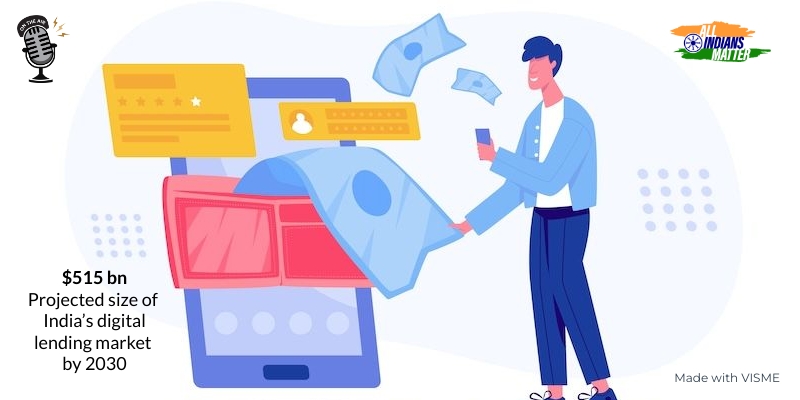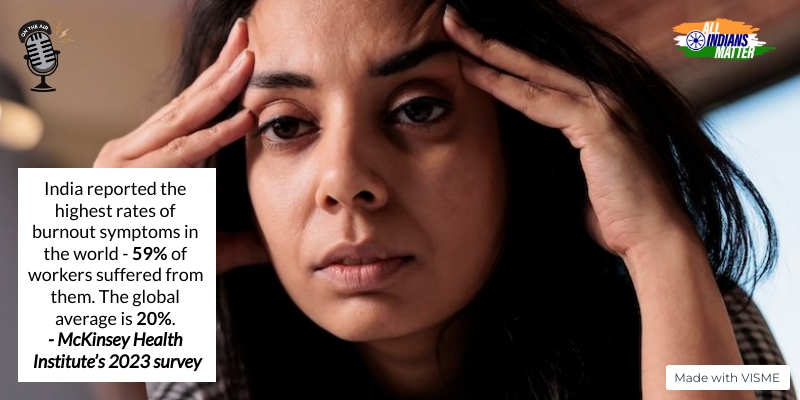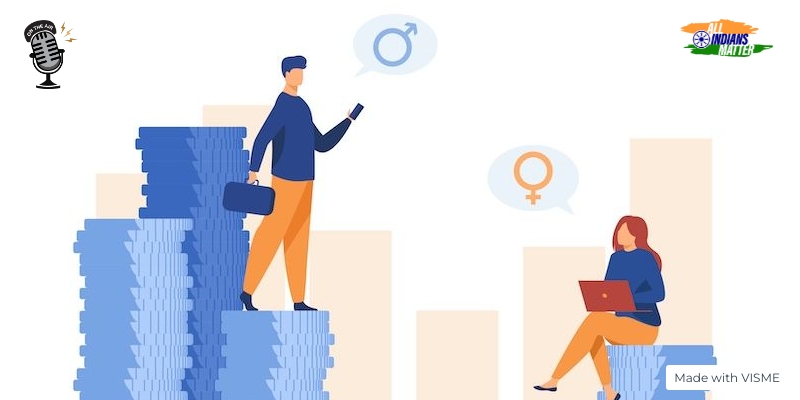Ashraf Engineer
May 4, 2024
EPISODE TRANSCRIPT
Hello and welcome to All Indians Matter. I am Ashraf Engineer.
You might have heard of India’s recent push to secure lithium supplies through exploration in South America. India has acquired five lithium blocks in Argentina through the state-owned Khanij Bidesh India Ltd, or KABIL. KABIL will explore and develop five lithium brine blocks covering 15,703 hectares at a cost of Rs 200 crore over five years. Upon the discovery of lithium minerals, rights for commercial production are also in place. This is the first ever lithium exploration and mining project undertaken by India. Lithium is critical in the shift towards next-generation energy supply chains as India seeks to reduce its dependence on China and to catch up with it. So, India is not only pursuing mineral reserves elsewhere, it is also opening up domestic mining blocks in Chhattisgarh and Jammu and Kashmir to aid fast-growing sectors such as electric vehicles and renewables.
SIGNATURE TUNE
If we are to keep up with the world on energy technology and meet climate goals, critical minerals are the key. As of now, India’s lithium requirements, worth Rs 24,000 crore a year, are met through imports, mainly from China.
Lithium, many believe, is the key to the transition to green energy and has applications in energy storage, phone batteries and electric vehicles.
India’s selection of Argentina is no surprise because it is one third of the so-called Lithium Triangle along with Chile and Bolivia. Together, the three nations have more than half of the world’s lithium reserves.
KABIL, established in 2019, also signed a memorandum of understanding with Australia’s Critical Mineral Office to identify and develop projects Down Under. India is also considering similar mineral projects in Chile and Bolivia, alongside African countries such as Namibia, the Democratic Republic of Congo, Zambia, Mozambique and South Africa.
On the technical front, India is talking to several countries for help on lithium processing. Last year, talks began with Australia and the US and some private players have sought help from Bolivia, the UK, Japan and South Korea.
Russia’s TENEX, part of the state-owned nuclear energy company Rosatom, has also offered lithium processing technology and to collaborate with Indian companies.
In India, the government has moved on bids for 20 mining blocks and a second round of 20 to 30 blocks would be offered after the Lok Sabha election. Companies such as SoftBank-funded e-scooter maker Ola Electric, Shree Cement, state-run Coal India, miner Vedanta and Jindal Power are among those bidding for the blocks. The winners will get licences to explore and mine lithium and will be responsible for processing it as lithium concentrates or chemicals for batteries.
Shree Cement is said to be in talks with an Australian firm for technical assistance for a lithium refinery that would cost between $600 million and $700 million.
However, it’s not an easy or short path. I had highlighted in an earlier episode the environmental concerns and, on the time front, it will be years before India is ready to convert lithium ore into material for battery manufacturing. It takes four to seven years from discovery to commercial production.
India needs help in ore processing, from separating waste rock from ore to hydrometallurgy, leaching and pyrometallurgy for separating the metal from the ore. In the absence of such processing plants, India would have to ship lithium ore to China and bring the processed metal back to India.
So, the government’s policy think tank, the NITI Aayog, has pushed for incentives for setting up lithium processing factories. Just as well because India’s battery industry will require 56,000 metric tons of lithium carbonate every year by 2030, estimates the NITI Aayog.
The shift of the domestic automobile market to electric vehicles has been aggressive and backed by the government. It has earmarked billions in subsidies for EV manufacturing, renewable technology and electronics.
However, India has been a late starter and is still a small player in the global race to secure supplies critical to next-generation energy. It has done little to close the multi-decade gap in securing mineral supplies held by China.
While India has made a start now, acquiring exploration blocks is a slow and speculative process compared to buying companies that have already completed significant exploration and feasibility studies.
India has the advantage of huge mineral reserves, a cheap and large labour force and cheap energy. However, it’s tricky to bring those strengths to bear quickly. If India achieves that, it will be on its way to becoming a key player in the critical minerals space and will have taken a significant step towards energy security.
Thank you all for listening. Please visit allindiansmatter.in for more columns and audio podcasts. You can follow me on Twitter at @AshrafEngineer and @AllIndiansCount. Search for the All Indians Matter page on Facebook. On Instagram, the handle is @AllIndiansMatter. Email me at editor@allindiansmatter.in. Catch you again soon.






